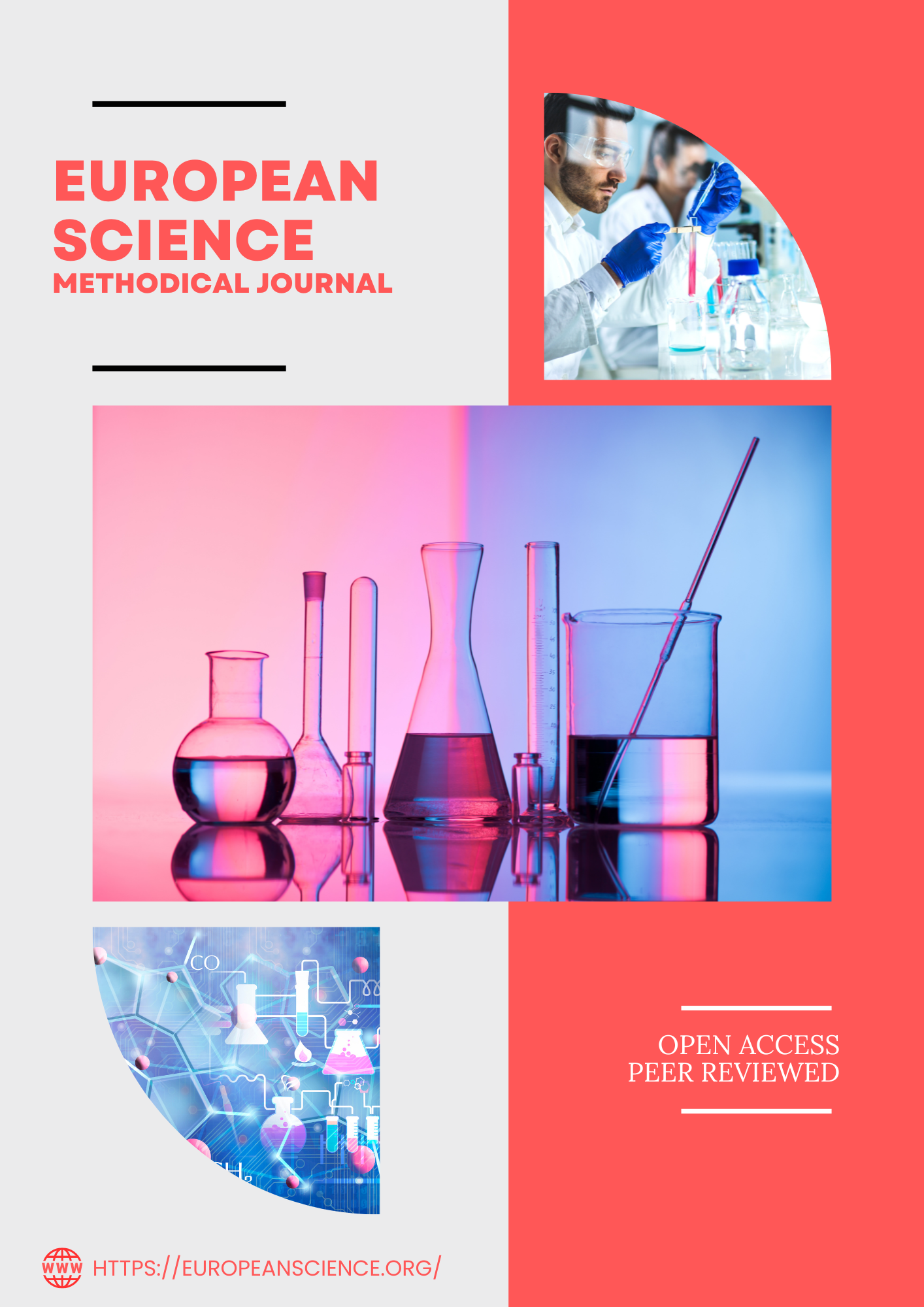SYNTHESIS, DESIGN, AND ANTIMICROBIAL EVALUATION OF SCHIFF BASE BASED ON BENZIMIDAZOLE
Keywords:
Benzimidazole, Schiff base, Antibacterial activity, Resistance, Oxadiazole.Abstract
This effort involved the design and synthesis of new antibacterial medications that are Schiff base derivatives linked by a methylene bridge to the 1-position of the heterocyclic ring (benzimidazole). By using 1H, 13C NMR, and FTIR spectroscopy, the final chemical structures of the produced tetrazole derivatives were verified. By using the microdilution method, chemicals can fight off Gramp positive bacteria like Bacillus cereus and S. aureus as well as Gram negative bacteria like E. coli and Pseudomonas aeruginosa. Using the broth microdilution technique, the in vitro antibacterial activity of Schiff base compounds (a1-a5) was investigated against two Gram positive and two Gram negative microorganisms. The compounds' minimum inhibitory concentrations (MIC) were contrasted with those of streptomycin, which served as a reference antibiotic. Staphylococcus aureus was more susceptible to the antibacterial activity of compounds (a3 and a5) (MIC 19.8 and 15.5 μg/mL) than streptomycin (MIC 35 μg/mL). Gram-negative microorganisms Compounds (a3 and a5) had a greater effect on Escherichia coli (MIC 33.2 and 24.3 μg/mL).
Downloads
Published
Issue
Section
License

This work is licensed under a Creative Commons Attribution-NonCommercial 4.0 International License.















